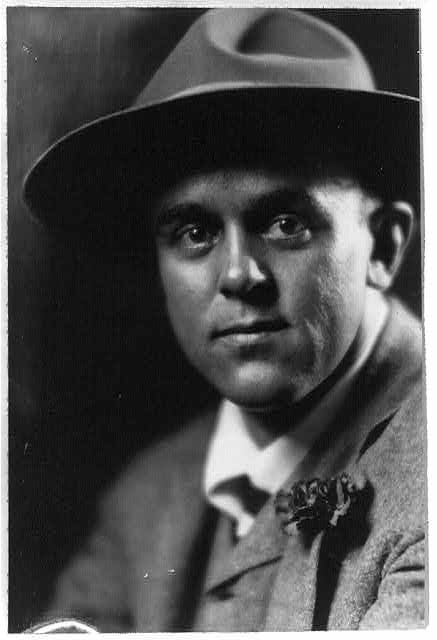John Reed
In 1933, Nazi students at more than 30 German universities pillaged libraries in search of books they considered to be "un-German." Among the literary and political writings they threw into the flames were the works of John Reed.
Excerpt
We intend to be arrogant, impertinent, in bad taste, but not vulgar...to attack old systems, old morals, old prejudices...to set up new ones in their places....Bound by no creed or theory of social reform, we will express them all, providing they be radical.
—The Masses, John Reed, 1913
Which of John Reed's Works were Burned?
Ten Days that Shook the World (10 Tage, die die Welt erschütterten)
Who was John Reed?

John Reed (1887-1920) was born to a wealthy family in Oregon in 1887. He attended Harvard University, where he began his writing career by serving on the editorial boards of Lampoon and Harvard Monthly. Reed joined the staff of the leftist periodical The Masses in New York City in 1913. The following year he participated in the uprising of Pancho Villa in Mexico. In 1917, Reed, a Leninist sympathizer, interviewed the leaders of the Bolshevik Revolution in Russia. The resulting work, Ten Days that Shook the World, was his most well known.
After his return to the United States, Reed helped found the Communist US Labor Party in 1919 and served as its first chairman. Reed, who had been charged with sedition in the United States for articles written for The Masses, was indicted as a Communist leader during the post-World War I "Red Scare." He returned to Russia, where he died from typhus in 1920. Reed was honored as a Soviet hero and buried under the Kremlin wall. Some 13 years later, the Nazis burned his account of the Bolshevik Revolution for its Communist sympathies.
Critical Thinking Questions
- If Jews were the principal target during the Holocaust, why were books written by non-Jewish authors burned?
- How did the German public react to the book burnings? What were some of the reactions outside of Germany?
- Why do oppressive regimes promote or support censorship and book burning? How might this be a warning sign of mass atrocity?

